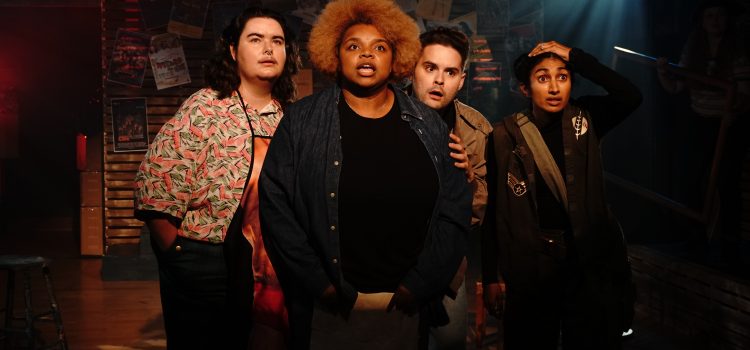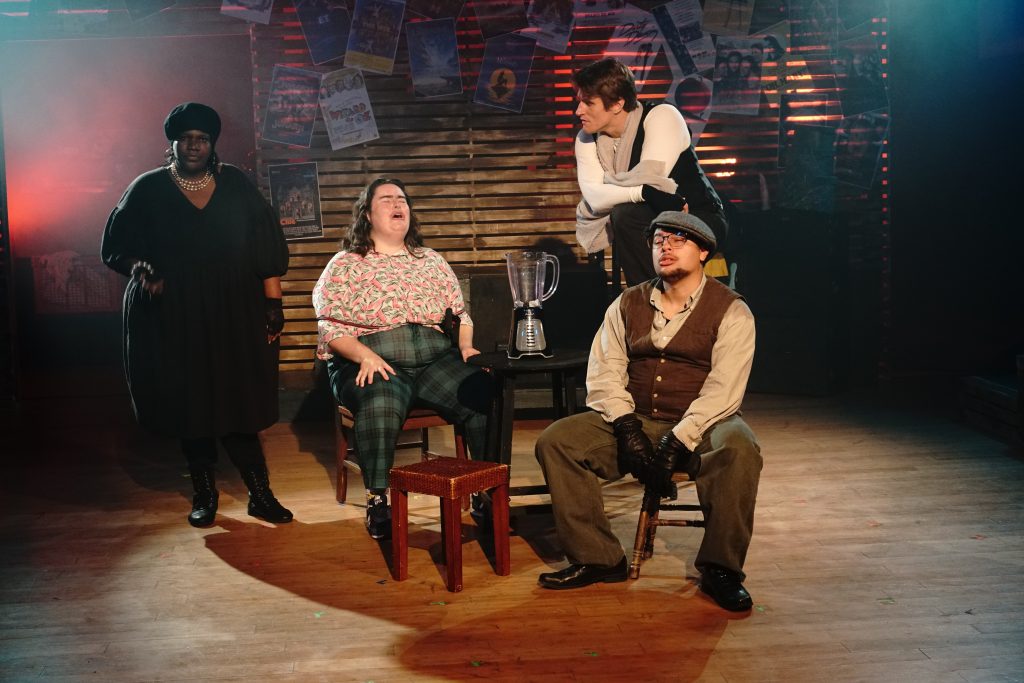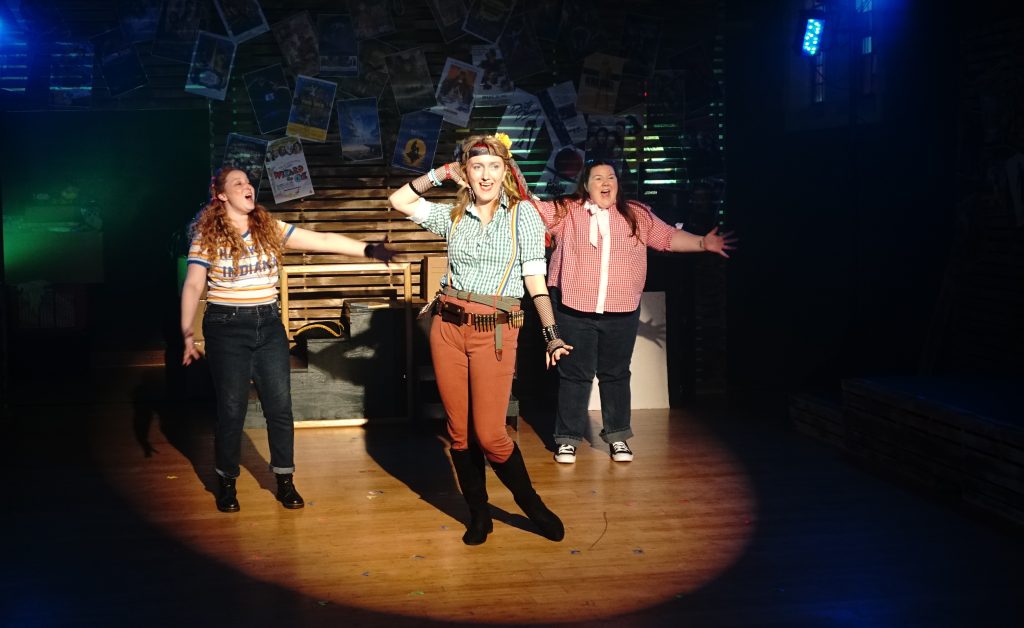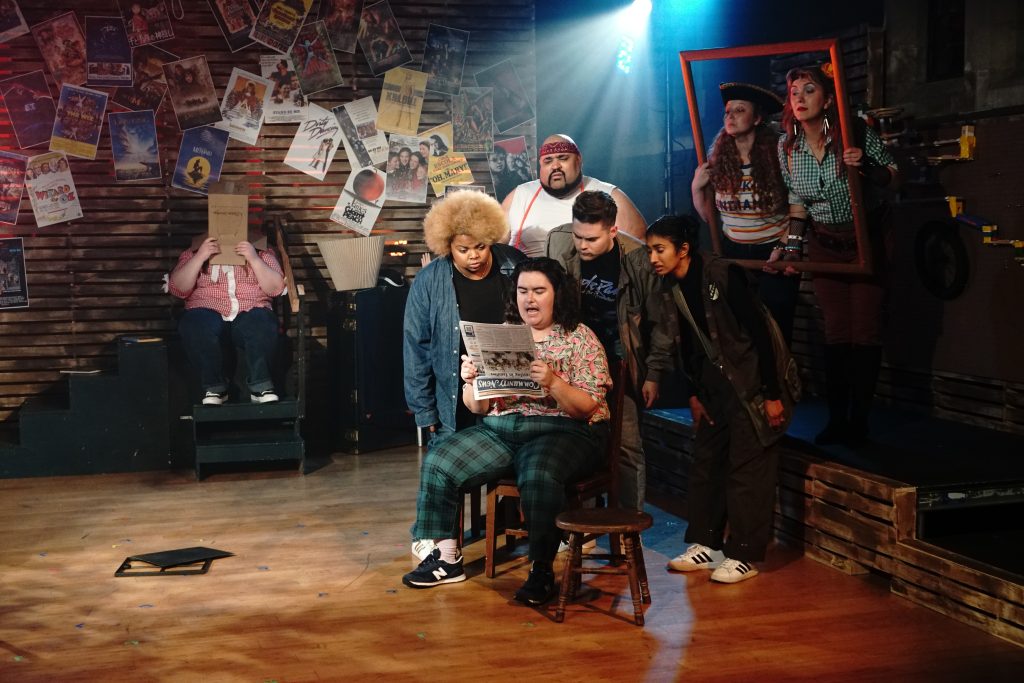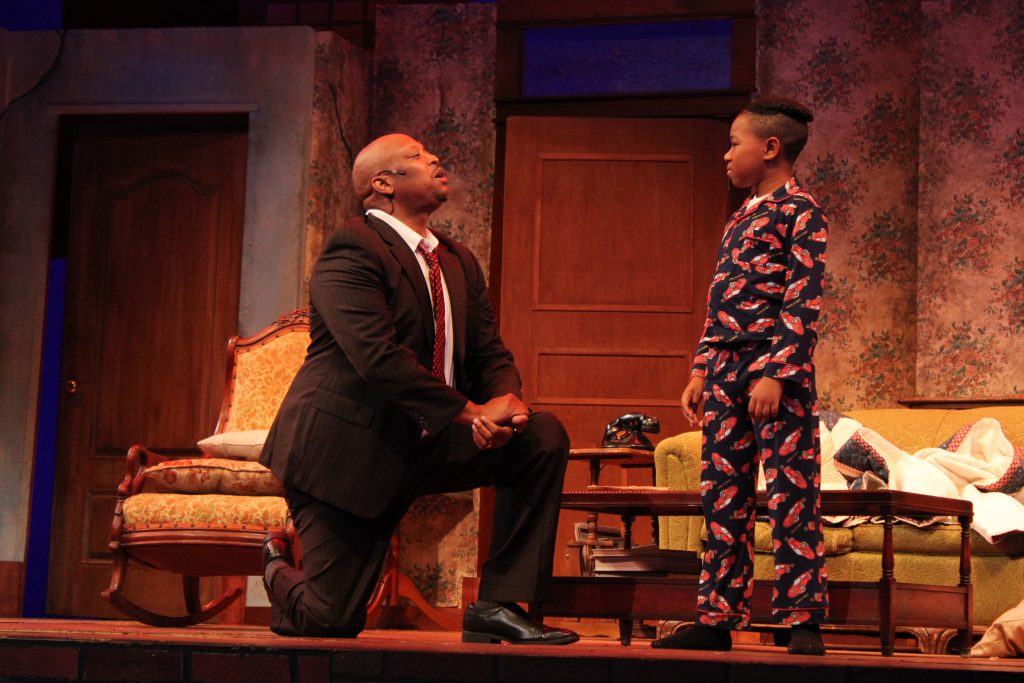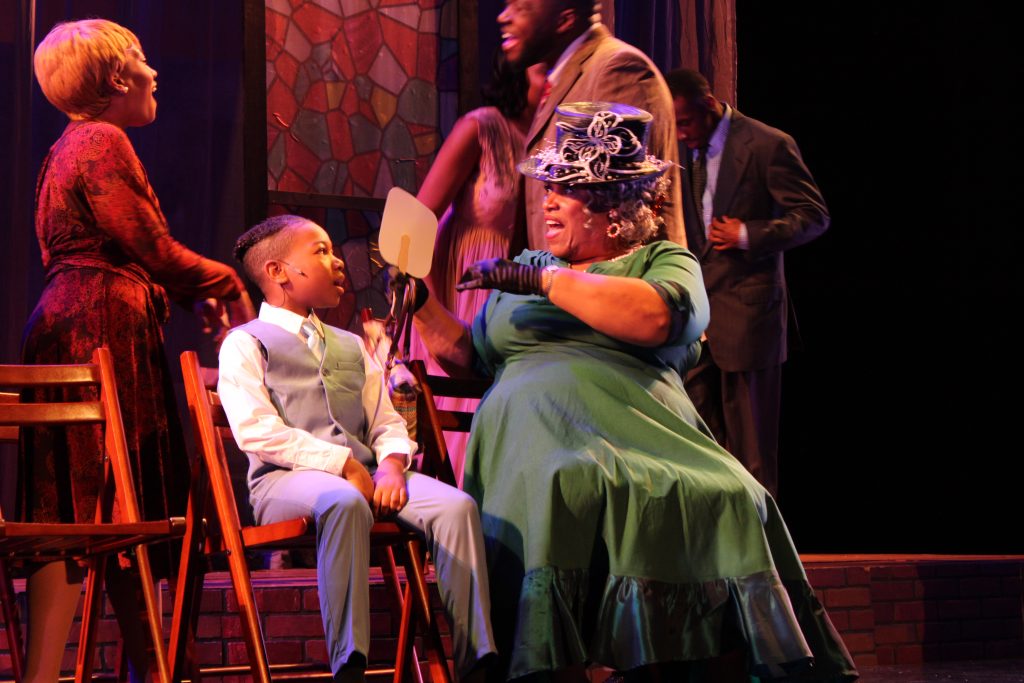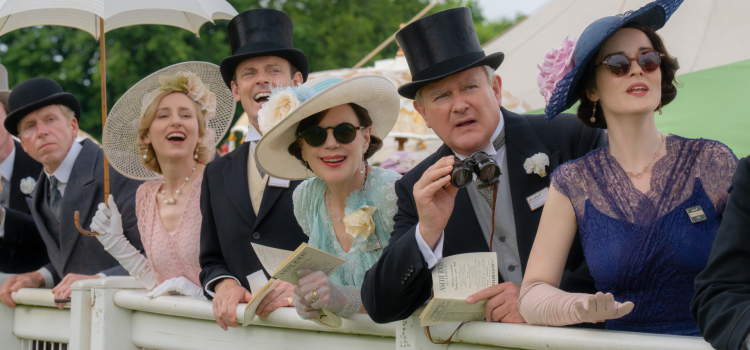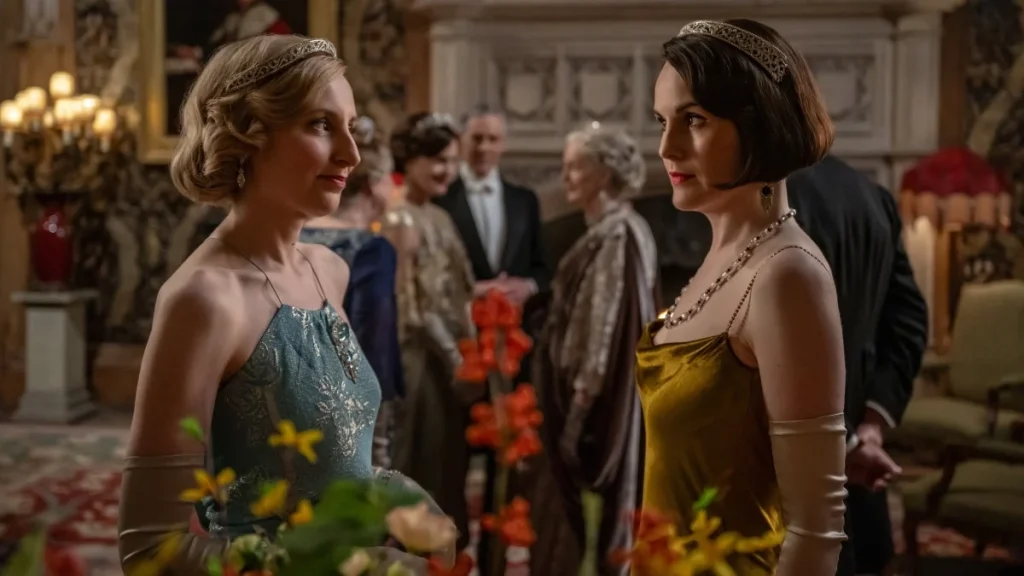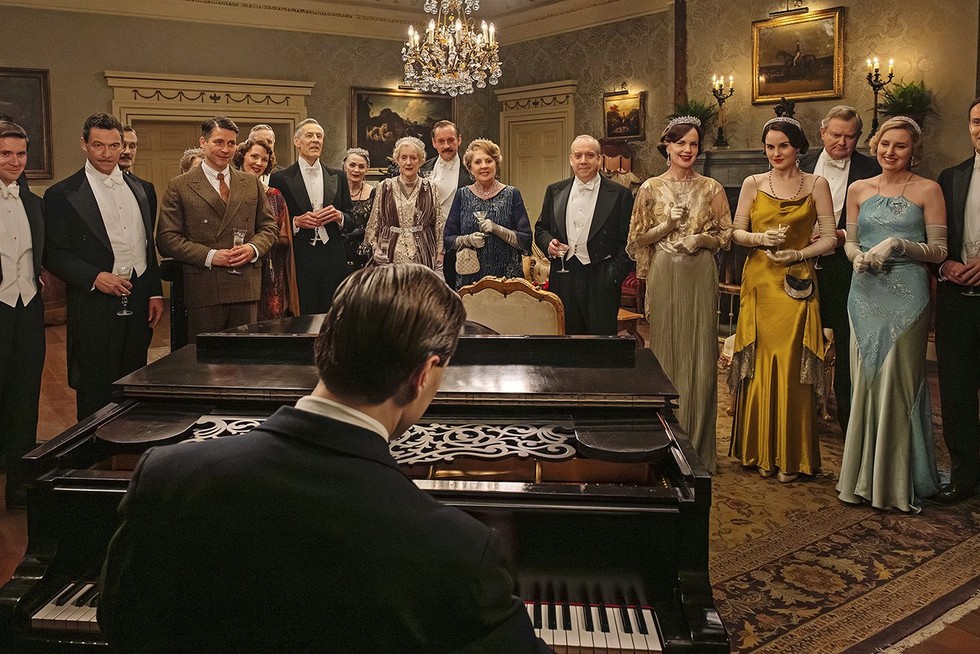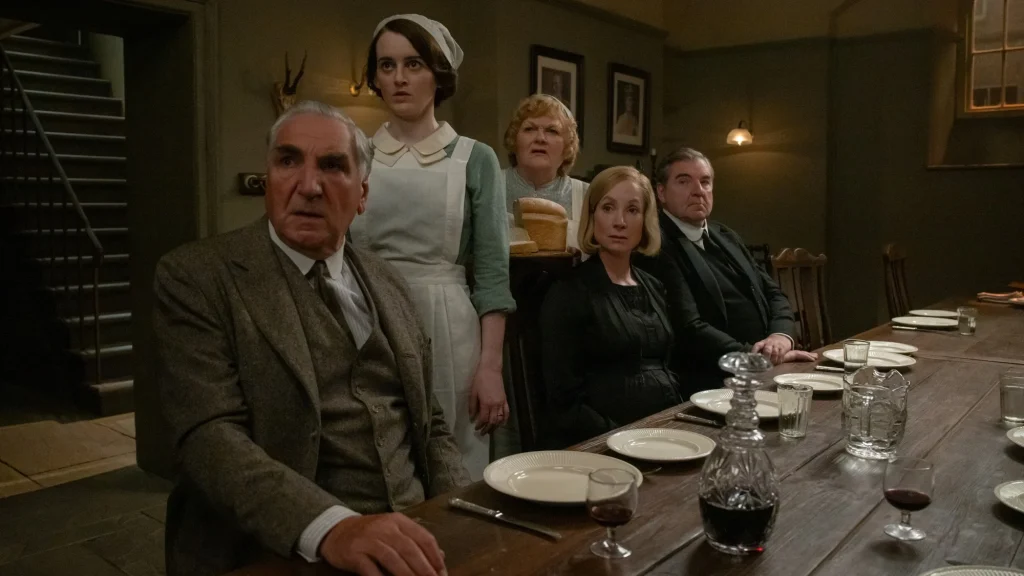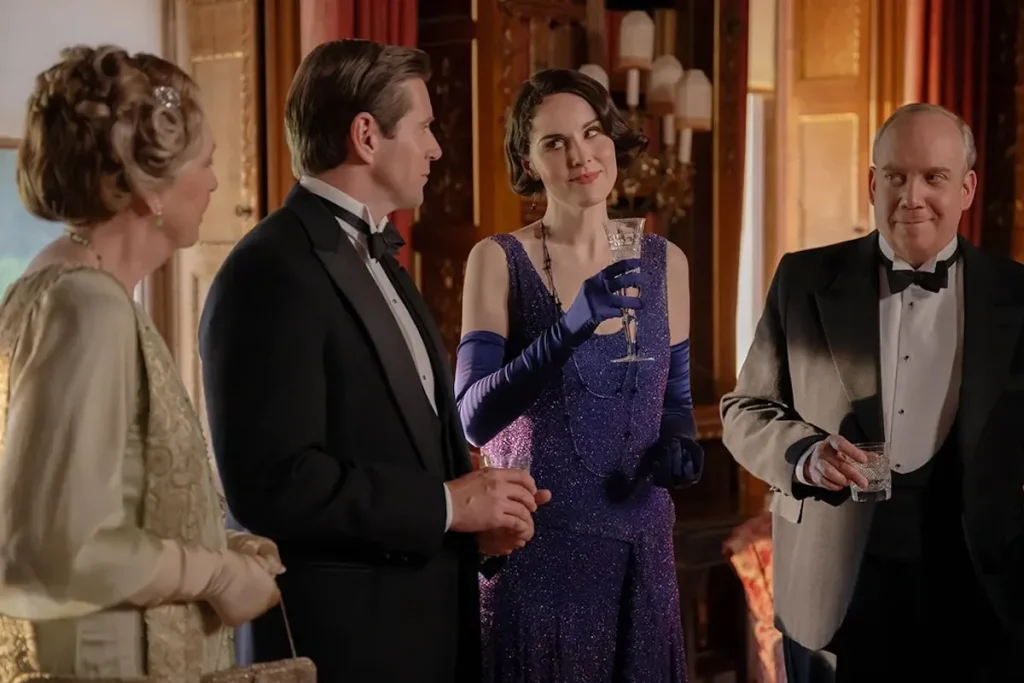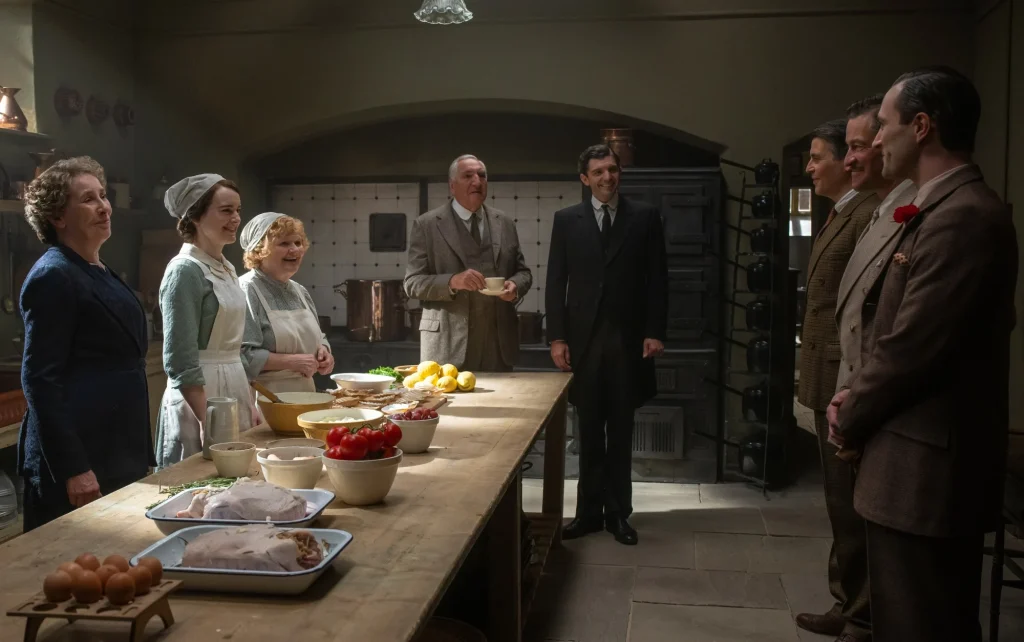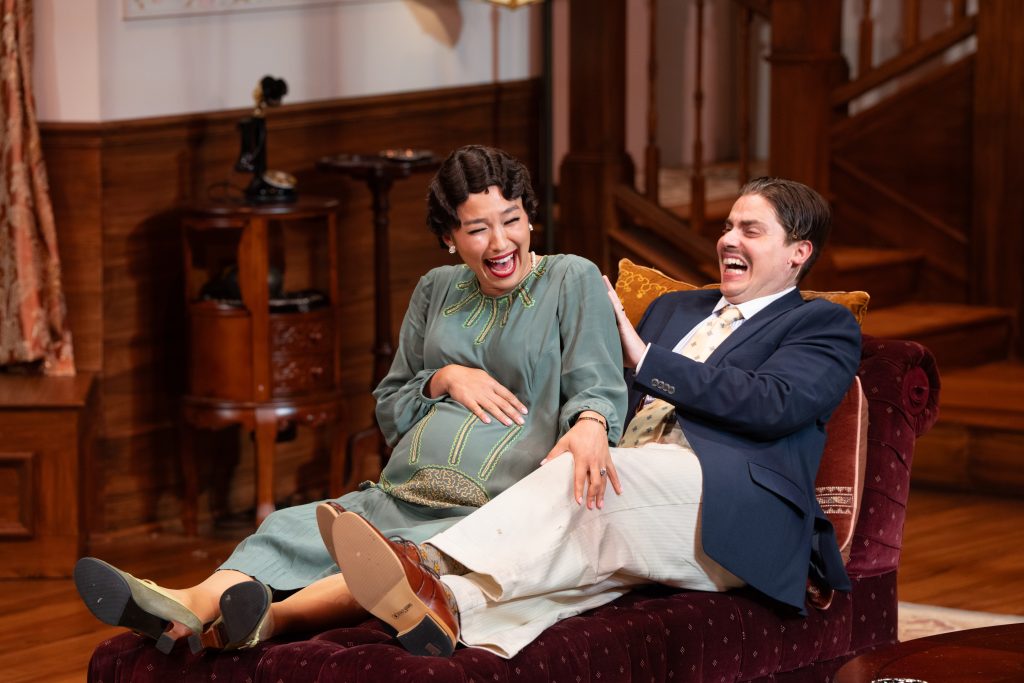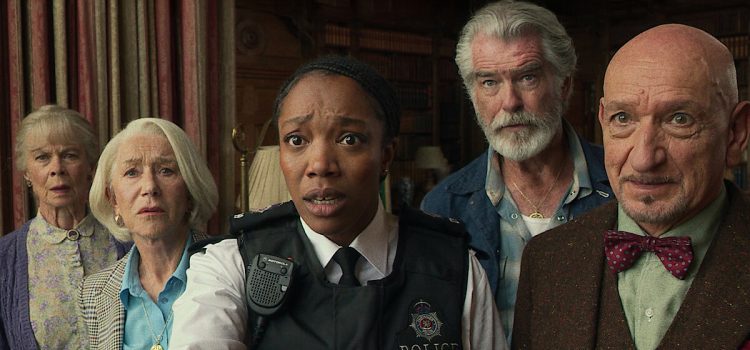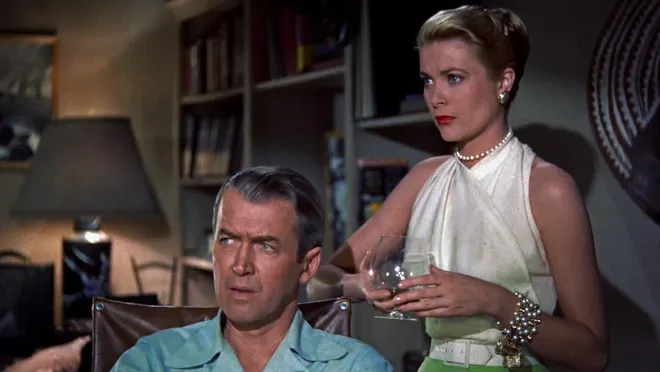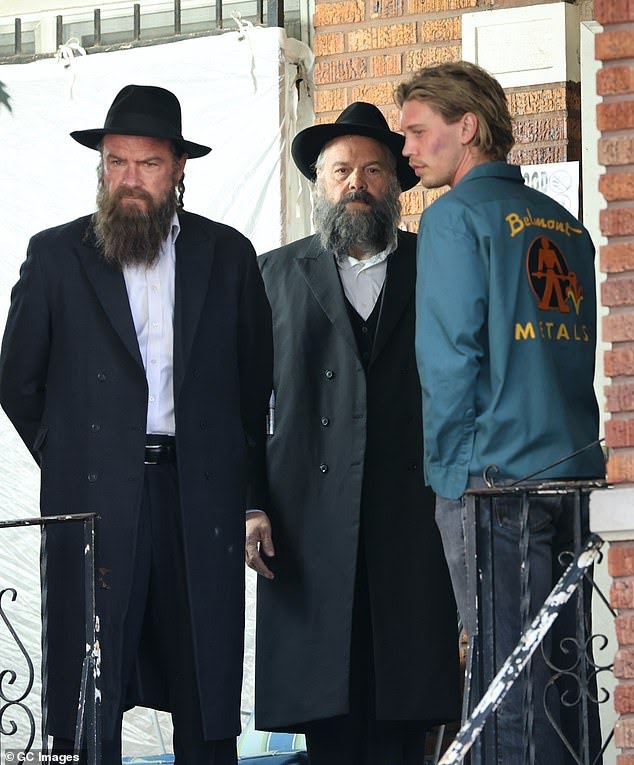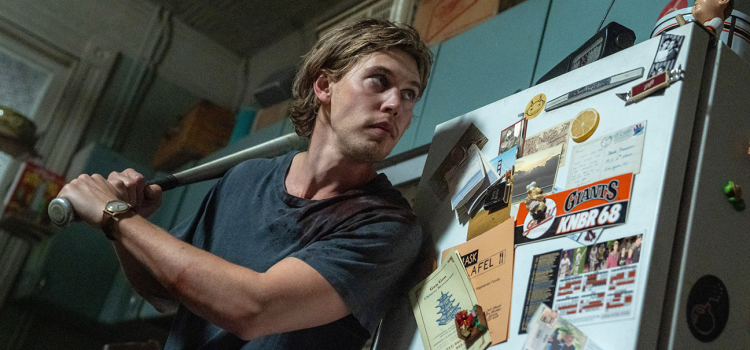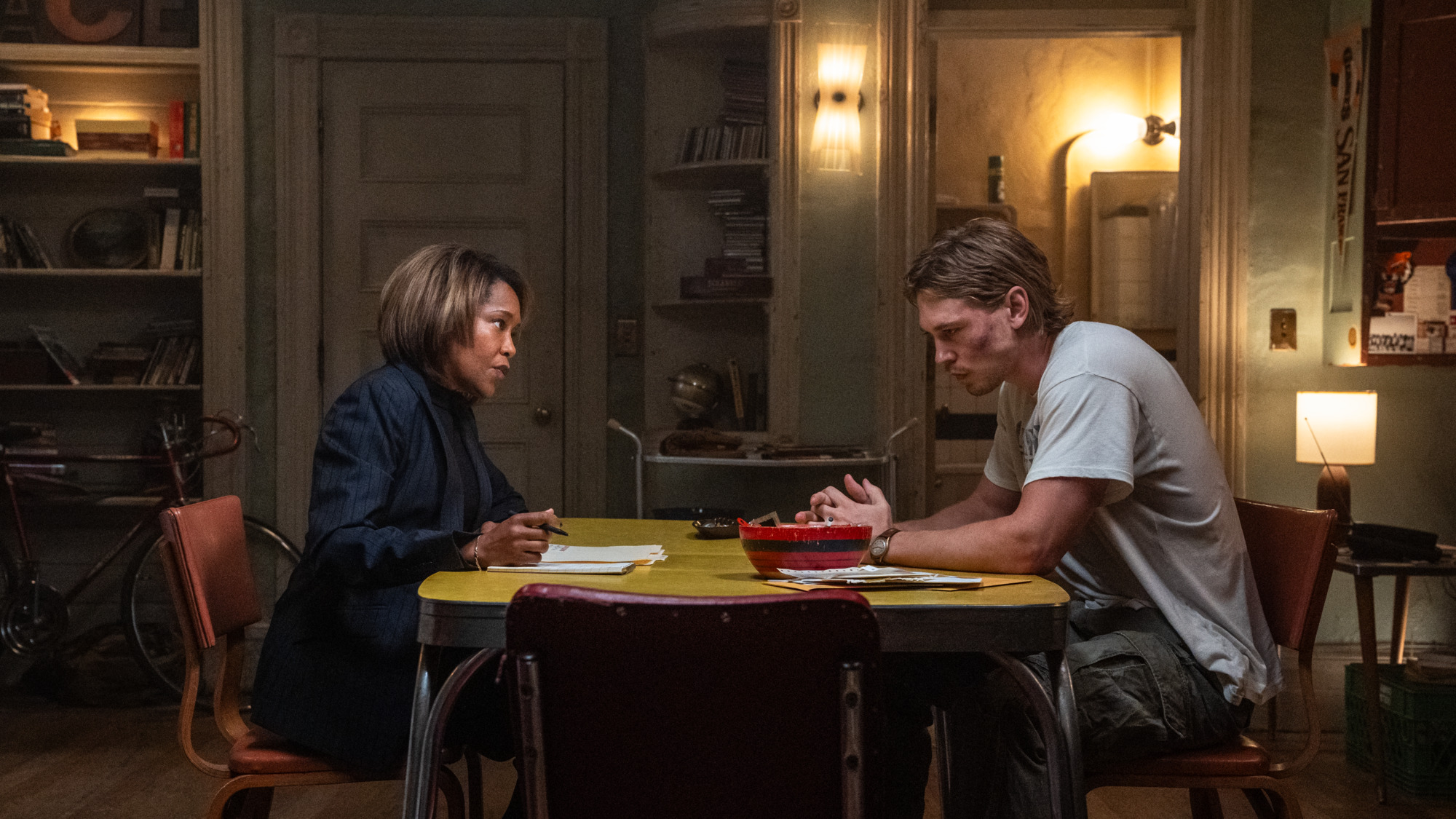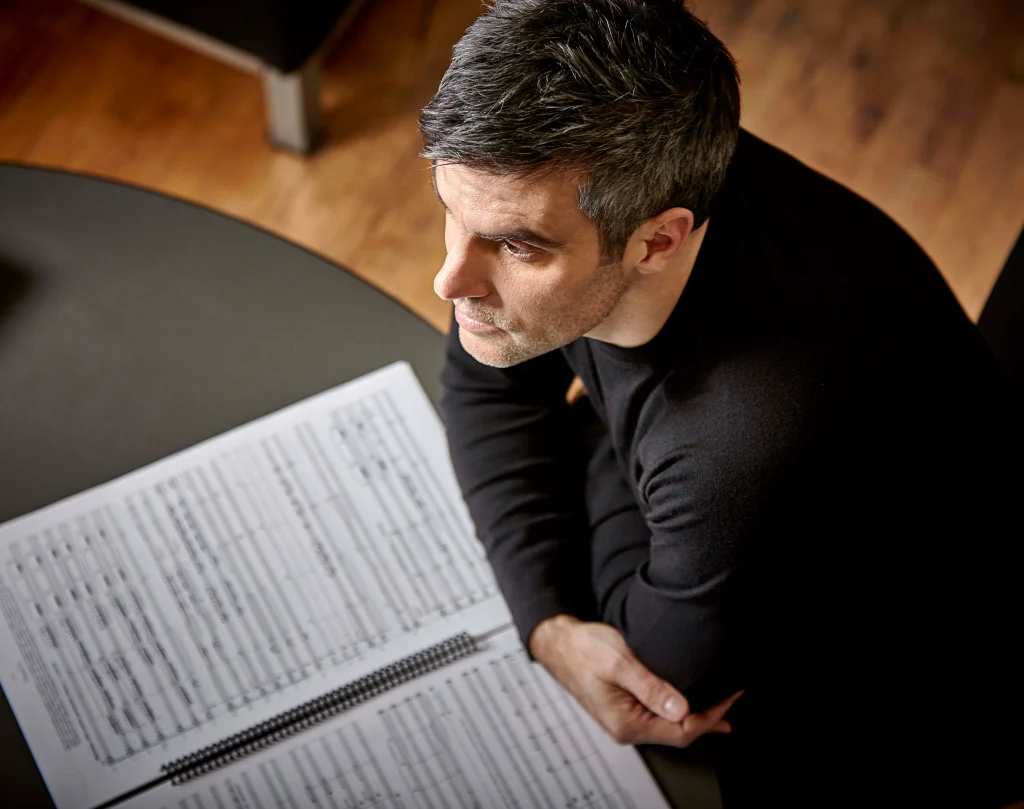By Alex McPherson
Alternately goofy and self-serious, director Justin Tipping’s “HIM” fumbles intriguing ideas and crash lands into a barren field of mediocrity.
Executive produced by Jordan Peele — but, crucially, not directed by Peele — “HIM” follows rising football quarterback star (and emotionally stunted hunk) Cameron “Cam” Caid (Tyriq Withers). Cam is entering the pro draft, hoping to be recruited by his favorite team, the San Antonio Saviors.
Cam has worshiped the Saviors since he was a child, particularly their star quarterback Isaiah White (Marlon Wayans). Isaiah suffered a gruesome injury on live television years ago yet recovered enough to play another 14 years and rack up eight championship rings. Cam’s demanding, masculine father reproached young Cam from looking away when Isaiah’s injury happened, instilling in him a twisted idea of what a “real man’s sacrifice” looks like and a drive to become the next GOAT.
In the present day, Cam is close to achieving that goal, but his father has passed away. He’s supported by a doting team including his mother, high-school-sweetheart girlfriend, and slippery manager (a somewhat out-of-place Tim Heidecker). There’s even rumors that White might be stepping down, giving Cam a prime opportunity to replace him.

One night, as Cam trains to take part in a pre-draft scouting “combine,” he’s surprise-attacked by a samurai-costumed being wielding a giant hammer, giving Cam some good ol’ CTE and apparently dashing his chances of joining the big leagues.
All is not lost (yet), as Cam suddenly receives an invitation from the all-powerful Isaiah himself to join him for a week-long training/rehab program at his off-putting New Mexico compound. Cam is thrilled and filled like childlike glee, but soon finds himself out of his depth. Suffice it to say, it’s not a particularly great sign when he’s jump-scared by freaky-looking fans en route to the compound in the middle of the desert. Cam doesn’t think too much of it, or much of anything, for that matter.
Isaiah swiftly takes Cam under his wing with persuasive philosophizing, homoerotic tension, and demanding, increasingly bloody training exercises under the guise of “becoming the best,” all while his devoted assistant Marco (Jim Jefferies) jabs Cam with syringes full of unknown substances and Cam loses touch with the outside world. The situation gets crazier by the minute. Will Cam come to his senses, or is the allure of becoming “Him” worth the sacrifice?
The notion of exploring the dehumanizing horrors of America’s favorite pastime is rich, if not particularly novel, and “HIM,” with its unbridled maximalism, runs into its themes head on. It’s a mélange of excess, though, that often resembles a prolonged, gory, “edgy” music video — abandoning earned emotion for bludgeoning and cliché-ridden horror that quickly wears thin.

Indeed, “HIM” is a mixed bag. Each instance of visual creativity and trippily impressive scene-setting is offset by wooden dialogue and emotionally-leaden performances (with the exception of an enjoyably off-his-rocker Wayans) that rapidly chip away at the worthy topics that Tipping and co-screenwriters Skip Bronkie and Zachary Akers have on their minds. It’s all style, stitched together with hyperactive editing by Taylor Joy Mason that resorts to convenient, rushed montage with a heavy background of hip hop as Cam’s bootcamp progresses.
The film’s “experiential” qualities are still sometimes arresting; giallo-inflected freakouts and X-ray bone-breakage in a brutalist, alien-like setting that Tipping and production designer Jordan Ferrer clearly had fun with concocting. Cam never quite gets his footing, and, perhaps fittingly, neither do we, caught up in a swirl of weirdness that’s intoxicating for Cam, yet tiresome for everyone else involved.
Management of tone, or the lack thereof, is perhaps the film’s most glaring flaw, oscillating back and forth between broadly satirical and deadly serious, frequently taking pains to revel in shock imagery and inserts that grow repetitive while losing any fear-inducing impact along the way.
Withers’ uneven performance adequately sells the gradual “loss” of who Cam used to be, even as the script resorts to exposition dumps and familiar trauma-dependent backstory as a last-ditch effort to pump some pathos into the narrative by the third act. On the other side of the spectrum, Wayans, plus Julia Fox as Isaiah’s unstable wife Elsie, fully lean into the narrative’s absurdity with intermittently amusing results; too bad the screenplay lacks any real character of its own.

There’s admittedly fun to be found in how “HIM” explores football as a suffocating, pseudo-religious experience where the gods of capitalism manipulate the vulnerable while fighter jets zoom overhead spouting red, white, and blue smoke.
No spoilers, but the final scene is quite a spectacle, bringing together the film’s heavy-handed metaphors for a glorious display of incendiary violence that’s fully self-aware. But Tipping, as of now, is no Peele, and “HIM” is most assuredly no touchdown.
“Him” is a 2025 sports horror film directed by Justin Tipping and starring Marlon Wayans, Tyriq Withers, Julia Fox, Tim Hedecker. It is 1 hour, 36 minutes, and rated R for strong bloody violence, language throughout, sexual material, nudity and some drug use. It opens in theatres Sept. 19. Alex’s grade: C-.







